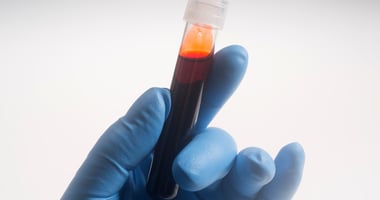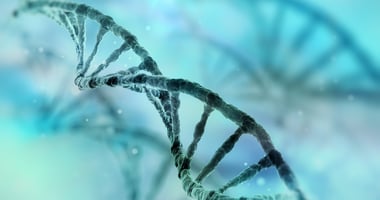People who experience psychosis following the use of cannabis, hallucinogens, or amphetamines...
Adverse Childhood Experiences Linked to Social Deficits in People at High Risk for Psychosis
 |
The relationship was strongest among those high-risk patients who went on to develop schizophrenia. The study “confirms that emotional abuse seems to be an important risk factor for the subgroups who go on to develop psychosis,” wrote Stefania Tognin, Ph.D., M.Sc., of the Institute of Psychiatry at King’s College and colleagues.
The study involved 309 people at clinical high risk of psychosis and 51 healthy controls. The ability to recognize facial expressions was measured using a computerized task in which participants are shown images of four faces representing four emotions: angry, happy, fearful, and neutral. Adverse childhood experiences were measured using the three standardized tests of emotional abuse, childhood trauma, and bullying.
During the two-year follow-up, 65 of the high-risk individuals went on to convert to psychosis.
For the high-risk group, the experience of emotional abuse in childhood was significantly associated with lower scores on the computerized test of facial recognition. When results were broken out by subgroup, emotional abuse was associated with worse facial recognition in those who converted to psychosis, but not in the healthy controls or the high-risk patients who did not convert.
Additionally, the number of happy to angry misattributions appeared to be related to the incidence of later transition to psychosis. “This suggests that individuals who go on to develop psychosis are more likely to interpret happy … faces as angry,” Tognin and colleagues wrote.
They noted that the findings could aid in developing interventions to address social deficits among high-risk individuals that result from childhood experiences and prevent transition to psychosis.
For related information, see the American Journal of Psychotherapy article “Social Adversity in the Etiology of Psychosis: A Review of the Evidence.”
(Image: iStock/Goodboy Picture Company)
Follow Psychiatric News on Twitter!
And check out the new Psychiatric News Brief on Alexa-enabled devices.
And check out the new Psychiatric News Brief on Alexa-enabled devices.





